Genetical Explanation of Aggression
MZ AND DZ TWINS
Keywords: Genes, Concordance Rate, Monozygotic, Dizygotic.
McGuffin & Gottesman (1985)


ADOPTED CHILDREN
Keywords: Biological Parents, Adoptive Parents, Genes or Environment?
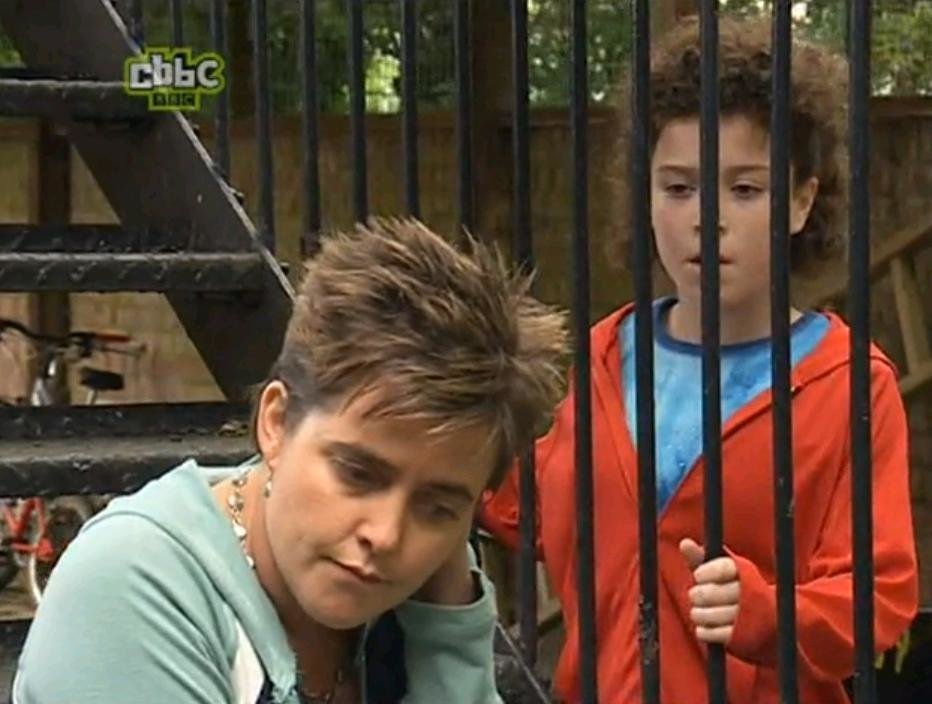
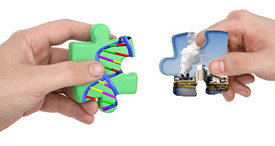
CANDIDATE GENES
GENE-ENVIRONMENTAL
Keywords: Biological Parents, Adoptive Parents, Genes or Environment?
Keywords: Genes + Environment
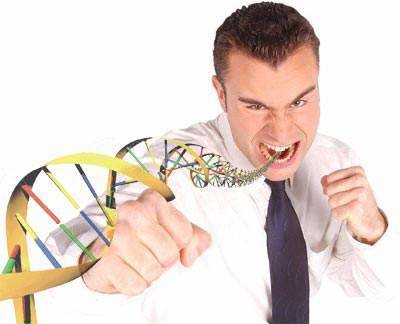
SUPPORTING RESEARCH
- Mason & Frick concluded that from meta analyses, 50% of ASB was a result of genes.
- Supports because it shows that genetics plays a part in our aggression.
- Contradicts because weak supporting evidence, should be 100% suggesting other factors at play.

ASSUMPTIONS OF TWINS
- MZ and DZ are subjected to the same environment meaning any similarities found must be down to genetics.
- Evans & Martins (2008) suggest that parents, teachers and peers are treat DZ twins differently (maybe because they aren't physically identical) suggesting that aggression is down to the environment.
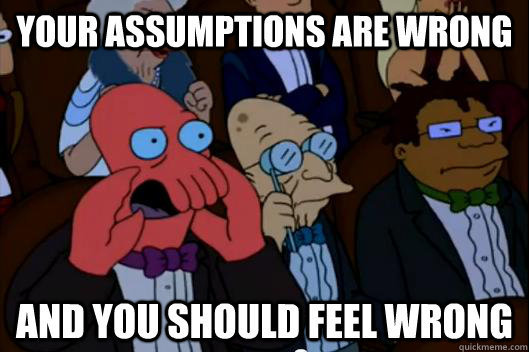
ASSUMPTIONS OF ADOPTED CHILDREN
- Any similarities found between the adopted child and their biological parent must be due to genetics.
- Fergussan et al. found that during time of adoption the child displays higher rate of ASB which shows that aggression is due to the environment as they were only displaying ASB during time of adoption (maybe due to stress of adoptive process etc.)
SUPPORTING RESEARCH
- Hutchings & Mednick found a strong positive correlation between children with convictions and their biological parents who also had convictions.
- Supports because it shows that aggression is genetic (aggressive parent = aggressive child).
SUPPORTING RESEARCH
- Brunner et al. found that within a family in the Netherlands, the males who were found to be abnormally aggressive all had MAO-A deficiency.
- Supports because it shows that low levels of MAO-A is evident within them which causes them to become aggressive.
- Conclude that the theory has higher reliability due to supporting research.
GENDER BIAS
- Displays a gender bias due to androcentric research (such as Caspi et al.) being generalised to females too.
- Problematic because may lead to worldwide misunderstanding of what MAO-A deficiency could do to a female's aggression levels.
- Beta bias due to differences between genders being ignored.
SOCIALLY SENSITIVE REPERCUSSIONS
- Theory, if widely accepted as the truth could cause stereotyping as we may label those with MAO-A or a family history of aggression as being automatically aggressive and therefore a threat to society.
- Can conclude that negative social consequences such as stereotyping could occur.
CULTURAL DIFFERENCES IN AGGRESSION
- !Kung San tribe children have been shown to rarely display aggression
- Can conclude that negative social consequences such as stereotyping could occur.
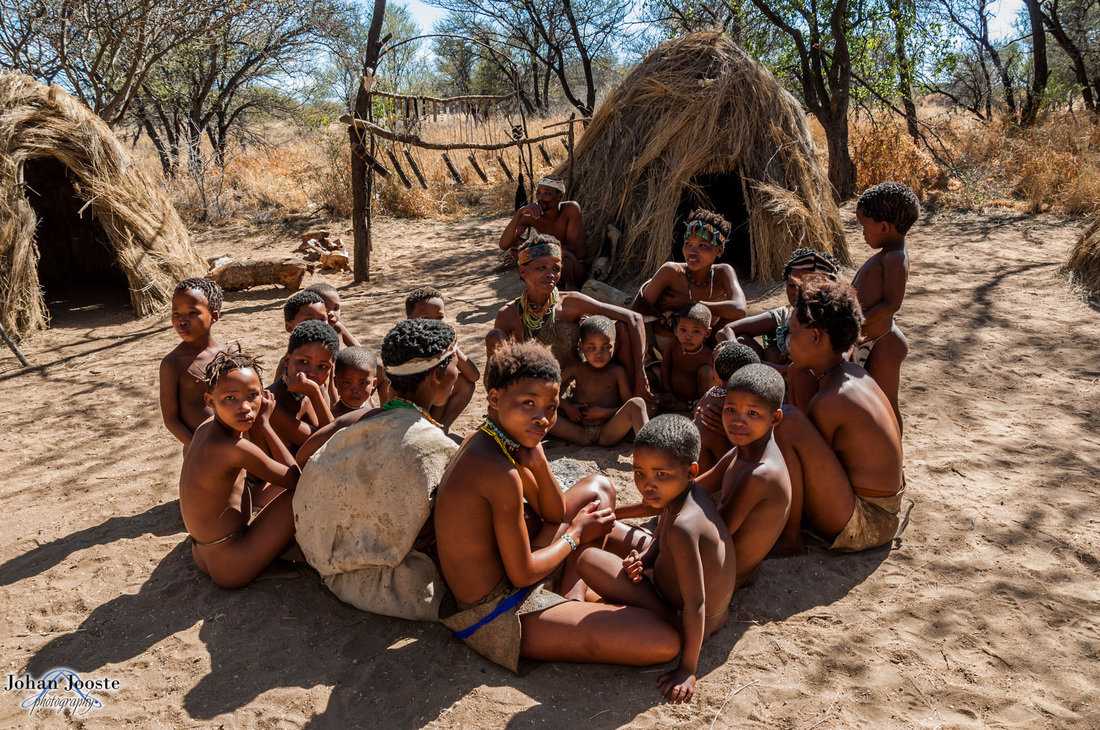
(finish) Genetics Revision
By Manh
(finish) Genetics Revision
halp 4 u
- 497



